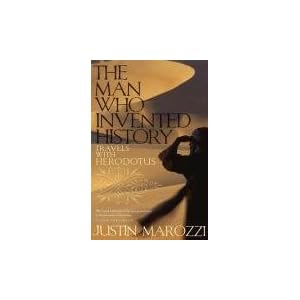Youth
He makes Indian friends. He dines with a South Indian couple .Meets Ganapathy the computer wizard who is too lazy to cook and eats bananas to survive .
There is lot of confusion about love ,sex ,life .The young man finds no real passion for any woman and gets involved in casual relationships which frustrate him. “ If he is a mystery to himself how can he be anything but a mystery to others. “
Youth is part autobiographical and recounts the author's early days in England
Life and times of Michael K
Set in South Africa
The book won the Booker Prize in 1983.
Coetzee tries to explore the inner world of man in both the works. The language is simple and lucid .
